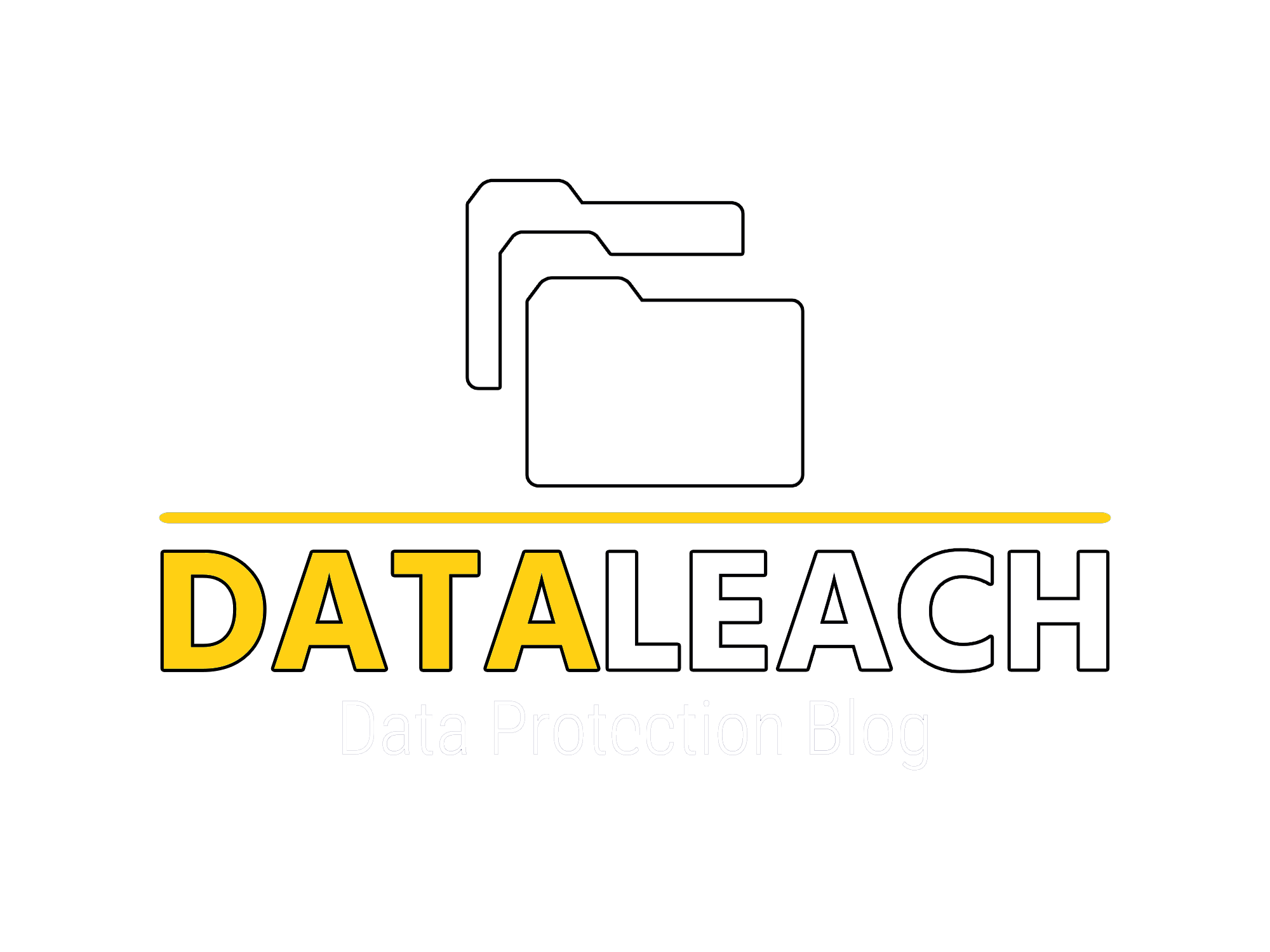In the world of computers and laptops, hard disk drives (HDD) and solid-state drives (SSD) are indispensable for data storage. While they enable data storage and retrieval, they are susceptible to overheating, which can lead to serious issues. In this article, we will explore how to prevent hard disk or SSD overheating and provide several cooling tips to help you maintain optimal temperatures and keep your data safe.
Why is Hard Disk or SSD Overheating Dangerous?
Overheating of a hard disk or SSD can have significant consequences for your computer and your data. Here are several key reasons why overheating is a concern:
- Reduced Performance: When the temperature of a hard disk or SSD increases, its performance decreases. This can lead to a sluggish operating system and slower program execution.
- Accelerated Wear and Tear: Overheating can accelerate the wear and tear of your hard disk or SSD, shortening its lifespan. Elevated temperatures can increase the likelihood of data read/write errors and, ultimately, data loss.
- Data Loss: Overheating can result in a hard disk or SSD failure, potentially leading to the loss of all data stored on it. This can be catastrophic for users and organizations.
- Risk of Component Damage: High temperatures can damage the internal components of the drive, including electronics and motors in HDDs or flash chips in SSDs.
Now that we understand why drive overheating is a significant issue, let’s explore some tips to avoid it.
1. Ensure Proper Ventilation
One of the most effective ways to prevent hard disk or SSD overheating is to ensure proper ventilation inside your computer or laptop case. Poor airflow can lead to heat buildup inside the system. Here are some ways to improve ventilation:
- Check Fan Operation: Periodically clean dust and debris from fans to ensure they can efficiently cool components.
- Add Additional Fans: If your computer or laptop allows, consider adding extra fans to enhance airflow.
- Use Cooling Pads: For laptops, consider using cooling pads with built-in fans to help reduce temperature.
2. Maintain Optimal Room Temperature
The room temperature also plays a crucial role in preventing drive overheating. If your computer is located in an excessively hot or cold environment, it can negatively affect the hard disk or SSD. Strive to maintain the optimal room temperature where your computer is situated.
3. Utilize Temperature Monitoring Software
There are many software programs available that allow you to monitor real-time component temperatures. Install such software and regularly check the status of your hard disk or SSD. If the temperature starts to rise to dangerous levels, you can take prompt action.
4. Regularly Back Up Your Data
Preventing overheating is essential, but it’s equally important to prepare for worst-case scenarios. Regularly back up your data to external drives or cloud storage. This will help you avoid data loss even if your hard disk or SSD fails due to overheating or other reasons.
5. Install Additional Coolers
In some cases, it may be necessary to install additional coolers to lower the temperature of your hard disk or SSD. For instance, you can install a dedicated hard disk cooler designed to dissipate heat efficiently. This is particularly helpful if you have multiple hard disks in the same case.
6. Check Cables and Connections
Improper cables and connections can hinder cooling. Ensure that all cables and interface connectors on your hard disk or SSD are securely connected. Replace any damaged cables promptly.
7. Avoid Extreme Workloads
Constant heavy read and write operations on your drive can lead to overheating. Try to avoid extreme workloads, especially in hot weather or when ventilation is inadequate.
8. Periodically Check Drive Health
Regularly perform drive health checks using specialized utilities provided by drive manufacturers. These programs can provide information about the current temperature, sector conditions, and other parameters that may indicate problems. If you notice unusual behavior or a decline in drive health, take action promptly, either by replacing or repairing the drive.
9. Consider Replacing HDD with SSD
If you are still using a traditional hard disk drive (HDD) and are concerned about overheating, consider upgrading to a solid-state drive (SSD). SSDs typically generate less heat than HDDs and have a more robust structure without moving parts, making them less prone to overheating.
Conclusion
Overheating of a hard disk or SSD can lead to severe problems and data loss. However, by implementing simple precautions such as ensuring good ventilation, monitoring temperatures, and regularly checking drive health, you can reduce the risk of overheating and extend the lifespan of your valuable data storage devices. Don’t forget to maintain regular data backups to be prepared for unexpected situations. By following these tips, you can maintain optimal performance and safety for your drives for years to come.

